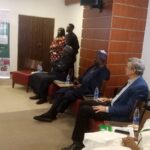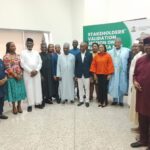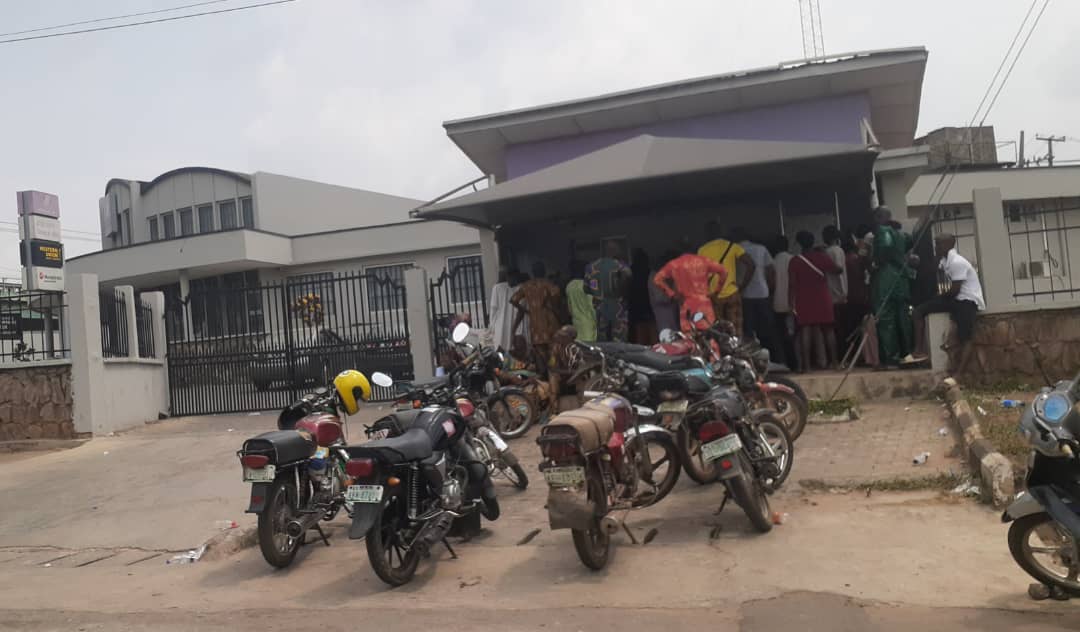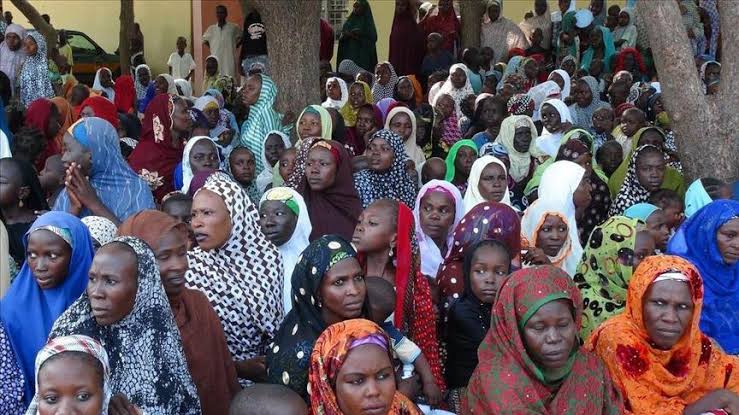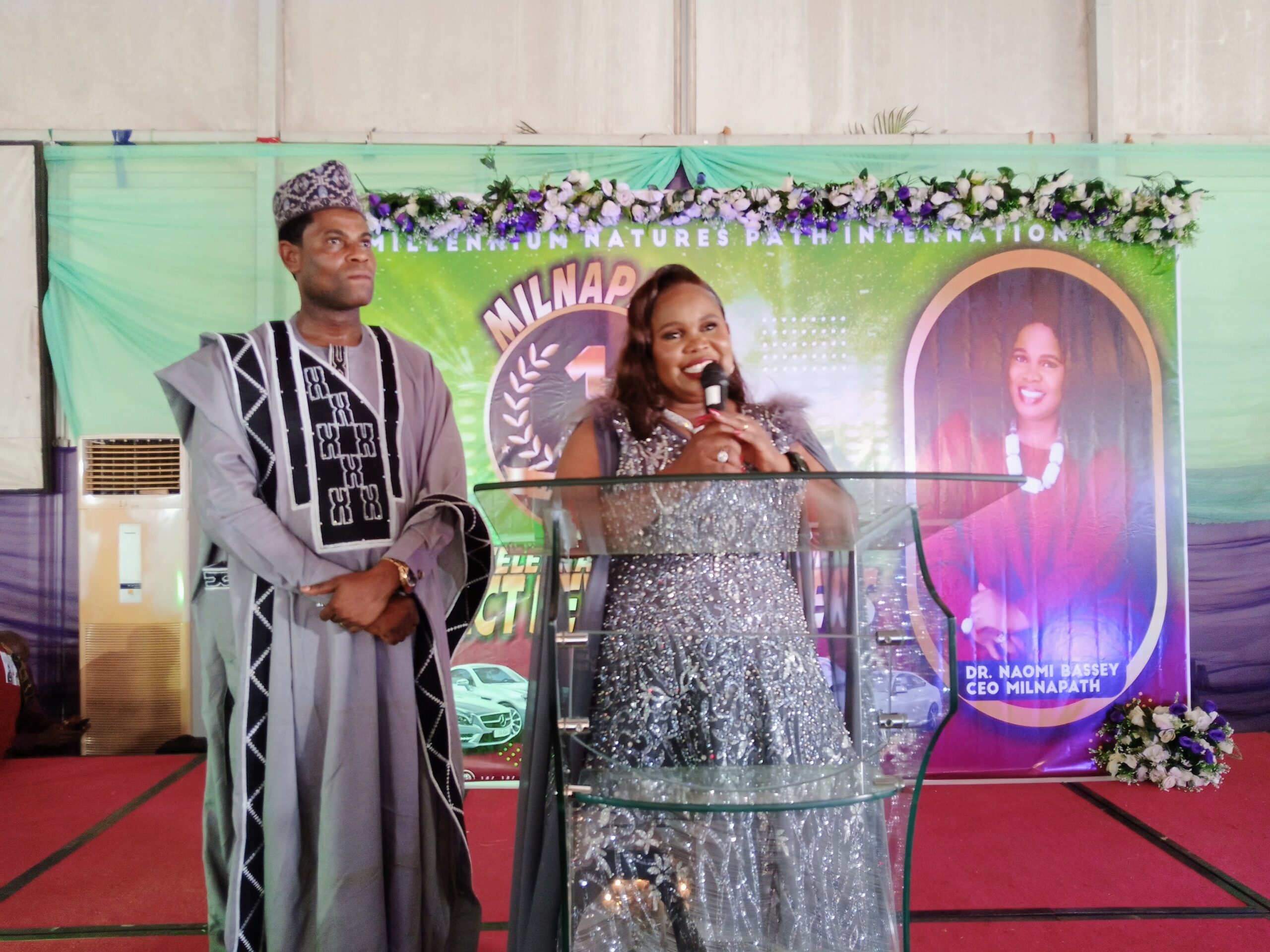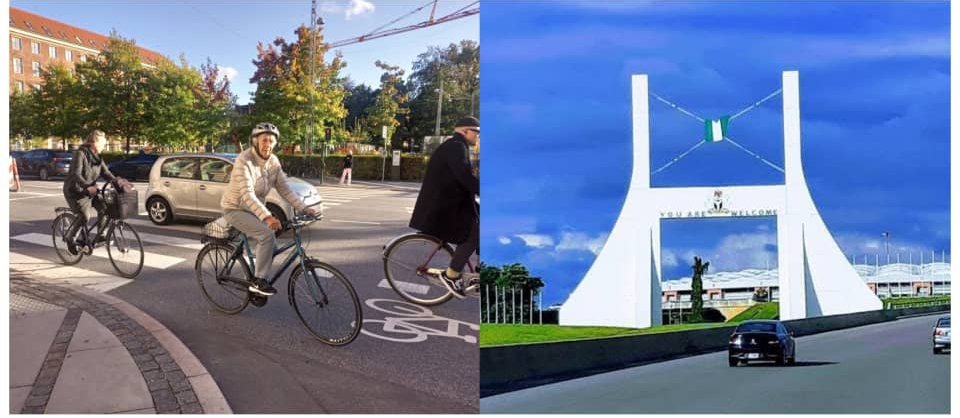Poor digital banking services frustrate Nigerians
By Ibukun Emiola (News Agency of Nigeria) A father of two and an artisan, Mr Sola Famakinwa, lamented how the recent poor banking services in Nigeria have negatively affected his business, leading to untold losses. Famakinwa is one of many Nigerians who have been frustrated and deprivedContinue Reading









